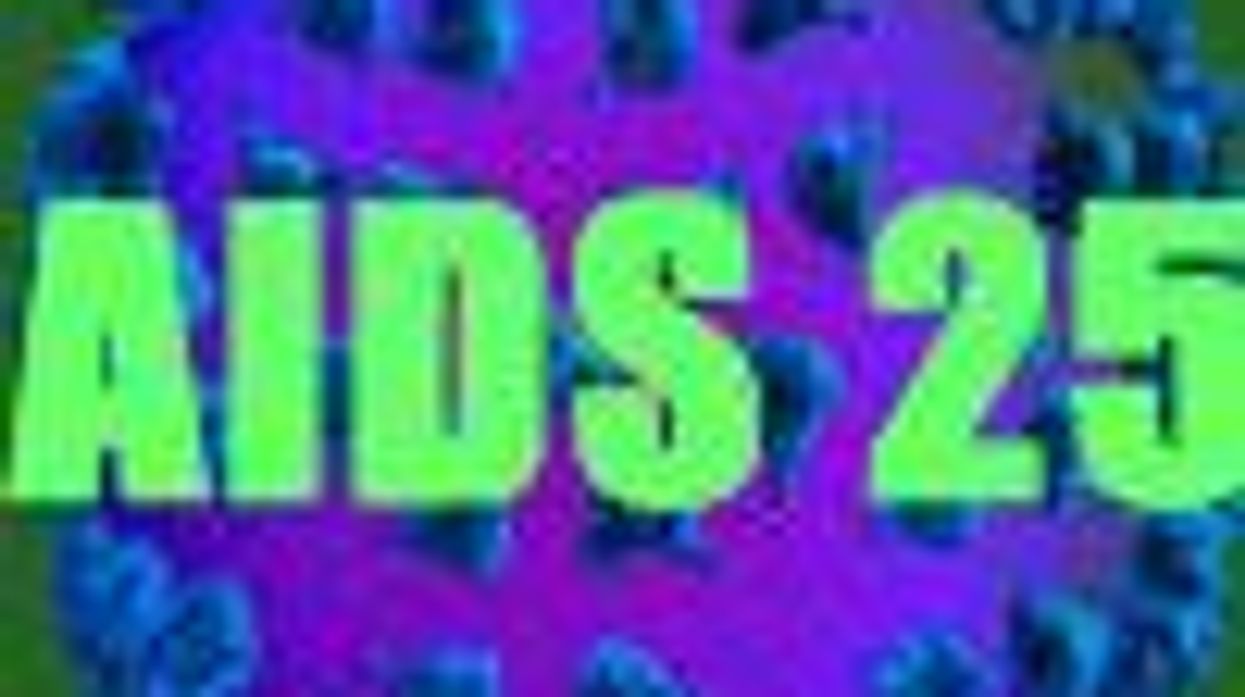
Monday marks the 25th anniversary of the U.S. government's report of the world's first officially recorded AIDS cases.
June 03 2006 12:00 AM EST
By continuing to use our site, you agree to our Privacy Policy and Terms of Use.

Monday marks the 25th anniversary of the U.S. government's report of the world's first officially recorded AIDS cases.
Monday, June 5, marks the 25th anniversary of the U.S. government's report of five cases of Pneumocystis pneumonia occurring among five Los Angeles gay men, which are now acknowledged as the world's first officially recorded AIDS cases. The pneumonia cases were reported in the Centers for Disease Control and Prevention's publication "Morbidity and Mortality Weekly Report."
Although researchers at the time did not realize that the five gay men with pneumonia had severe immune system damage caused by a yet unidentified retrovirus, an editorial accompanying the case reports provided an eerie foreshadowing of the nature of HIV disease, which to date has claimed more than half a million lives in the United States and more than 25 million worldwide. "Pneumocystis pneumonia in the United States is almost exclusively limited to severely immunosuppressed patients," the editorial states. "The occurrence of pneumocystosis in these five previously healthy individuals without a clinically apparent immunodeficiency is unusual."
In July 1981, The New York Times published the world's first mainstream media story on the AIDS epidemic with a piece titled "Rare Cancer Seen in 41 Homosexuals," which focused on the detection of Kaposi's sarcoma among gay men, all of whom would later be identified as having AIDS. Later that year the CDC classified the emergence of these new diseases among gay men as an epidemic, labeling the syndrome gay-related immune deficiency, or GRID. In 1982, the CDC dropped the term GRID for the more accurate AIDS--acquired immune deficiency syndrome.
In 1983 U.S. researcher Robert Gallo and Luc Montagnier at the Pasteur Institute in Paris identified human immunodeficiency virus as the cause of AIDS; in 1985 the first HIV antibody tests were introduced. By the end of 1986--just five years into the pandemic--more than 42,000 Americans had been diagnosed with AIDS and nearly 27,000 had died.
In May 1987, nearly six years into the epidemic, President Ronald Reagan spoke to Americans about the disease for the first time. Many AIDS activists believe that the reluctance of the Reagan administration to adequately address the U.S. epidemic in its earliest stages helped fuel its rapid spread among gay men and injection-drug users in the 1980s and beyond.
Health experts estimate that by the 25th anniversary of the first reported AIDS cases on Monday, more than 1 million cumulative AIDS cases will have been diagnosed in the United States and 559,000 Americans will have died of the disease. The CDC estimates that more than 1 million Americans are currently living with HIV.
Currently, the Joint United Nations Programme on HIV/AIDS estimates that there are more than 40 million HIV-positive people living in the world, most in sub-Saharan Africa.
For a thorough time line of the U.S. AIDS epidemic, visit the Web site of The Advocate's sister publication, HIV Plus. (The Advocate)
Charlie Kirk DID say stoning gay people was the 'perfect law' — and these other heinous quotes